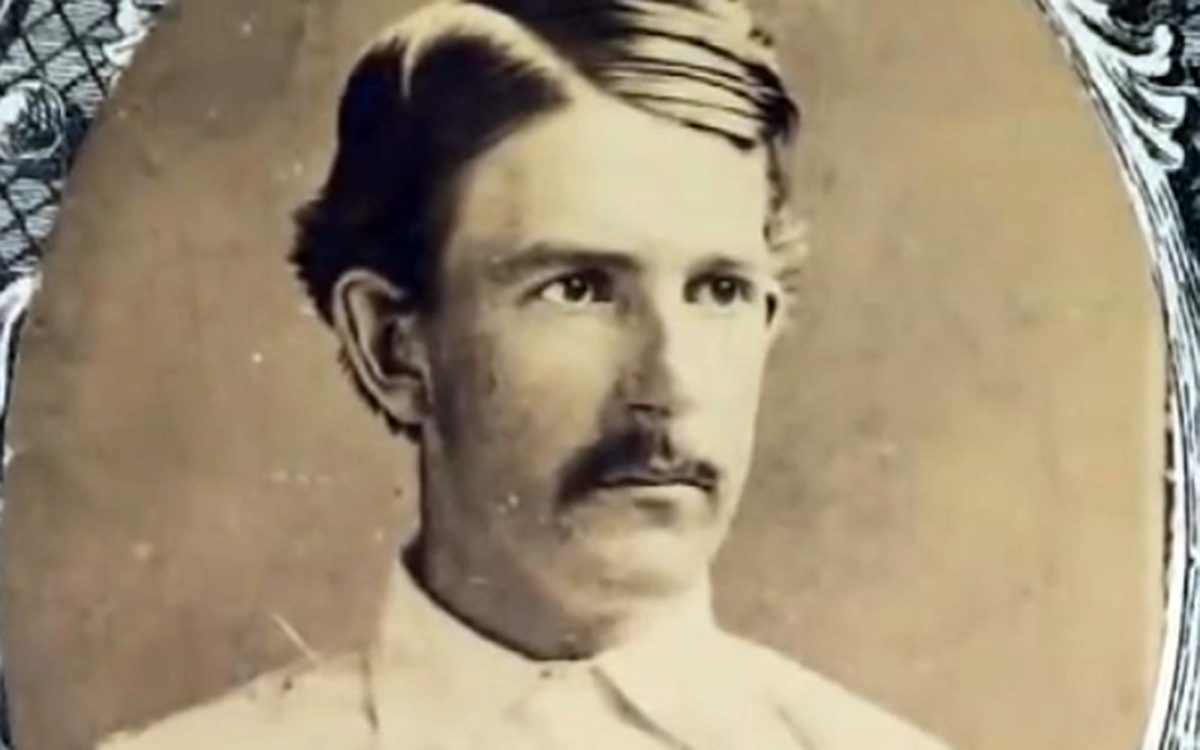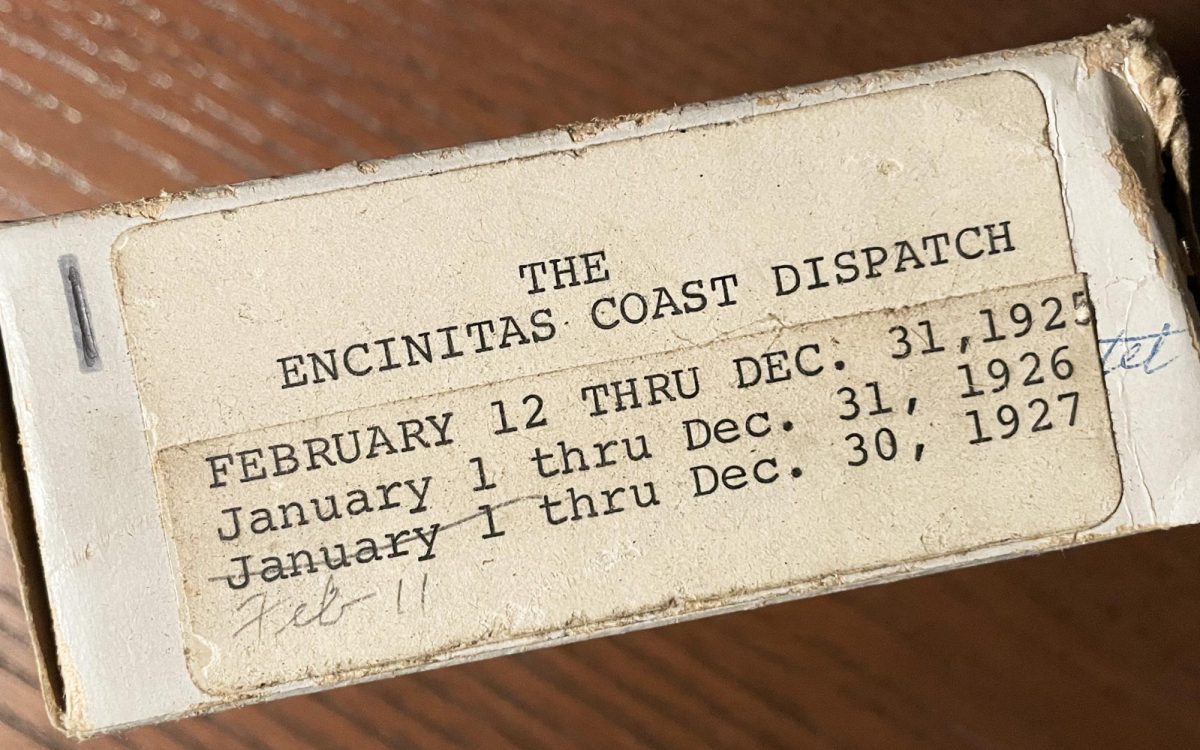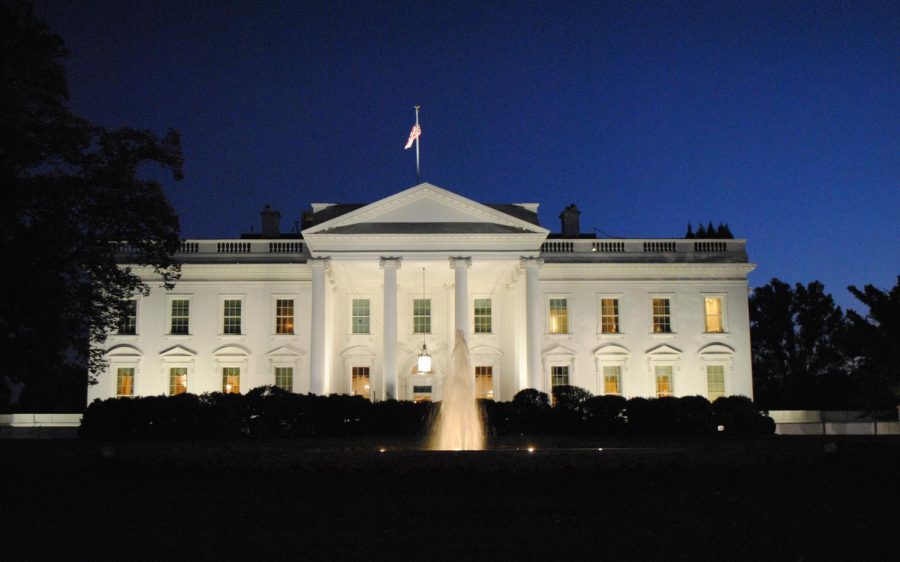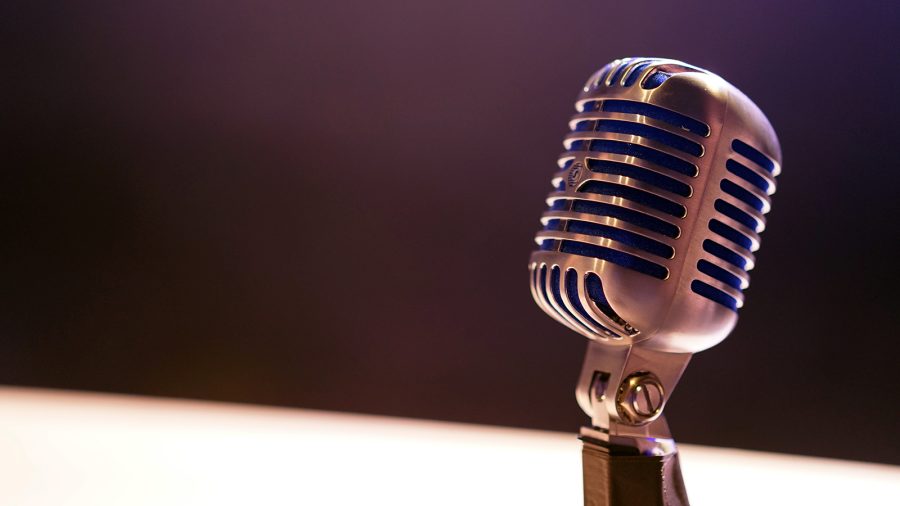American baseball owes a great deal of its existence to Albert Goodwill Spalding. You may have seen the name Spalding on a number of sports equipment, namely baseballs, players’ gloves and a number of other related sports items, including rule and history books. Spalding played, managed and owned baseball teams and was the co-founder of today’s National League.
He even has ties to San Diego.
Spalding began as a teen-aged pitcher, then became manager and executive in the early years of the game and, along with his brother, Walter, was a co-founder of the A.G. Spalding Sporting Goods Company.
A native of Rockford, Illinois, Spalding was born Sept. 2, 1849. He played professional major league baseball between 1871 and 1878. Spalding was the first to wear a baseball player’s glove he made to protect from catching the ball with bare hands. Along the way, he improved the ball itself, which became the standard for all player use.
In 1871, Spalding joined the professional Boston Red Stockings (precursor club to today’s modern Atlanta Braves). As a pitcher, he won 206 games and lost only 53. Spalding’s batting average was .323.
After his retirement as a player in 1878 at the age of 27, Spalding remained active and part owner with the Chicago White Stockings (today known as the Chicago Cubs). With owner William Hulbert, Spalding organized the National League, the first professional organization with member teams using a standard rulebook.
 In 1876, Hulbert enlisted the help of Spalding, convincing him to sign a contract to play for his White Stockings. Spalding coaxed a number of his teammates to secretly sign with the Chicago club. News of the signings by some Boston and Philadelphia players leaked to the press before the season ended, and all of them faced verbal abuse and physical threats from the fans of those cities.
In 1876, Hulbert enlisted the help of Spalding, convincing him to sign a contract to play for his White Stockings. Spalding coaxed a number of his teammates to secretly sign with the Chicago club. News of the signings by some Boston and Philadelphia players leaked to the press before the season ended, and all of them faced verbal abuse and physical threats from the fans of those cities.
Spalding was known as the premier pitcher of the 1870s, leading the National League in victories for each of his six full seasons as a professional player. During each of those years, he was his team’s only pitcher. In 1876, Spalding won 47 games as the prime pitcher for the White Stockings and led them to win the first-ever National League pennant by a wide margin.
In 1877, Spalding began to use a glove to protect his catching hand. Some players had previously used gloves, but they were not popular, and Spalding himself was skeptical of wearing one at first. However, once he began donning gloves, he influenced other players to do so. He continued to improve the glove, which has developed into a key part of today’s game equipment.
Hulbert and Spalding first organized the National League by enlisting the owners of other major teams of St. Louis, Louisville and Cincinnati. Those owners of the four western clubs accompanied Hulbert and Spalding to New York, where they secretly met with team owners from New York City, Philadelphia, Hartford and Boston. Each of the owners signed the league’s constitution, and the National League was officially born.
Spalding helped transform baseball from a game of gentlemen athletes into a business and a professional sport. In 1886, Spalding became president of the Chicago White Stockings (Cubs).
In 1876, while Spalding was playing and organizing the National League, Spalding and his brother Walter began a sporting goods store in Chicago, which expanded into a manufacturer and distributor of all kinds of sporting equipment. The company became “synonymous with sporting goods” and continues today. From 1892 to 1941, Spalding and company sold books under the name Spalding Athletic Library on many different sports.
In 1905, after Henry Chadwick wrote an article saying baseball grew out of the British sports of cricket and rounders, Spalding called for a study commission to determine the real beginnings of baseball. On Dec. 30, 1907, Spalding received a letter that (erroneously) declared baseball to be the invention of Union Army Gen. Abner Doubleday. But Spalding stubbornly would not appoint anyone to the commission if they believed the sport was somewhat related to the two English games.
Spalding noted: “Our good old American game of baseball must have an American Dad.”
Spalding’s commission concluded that “… the best evidence available to date, was devised by Abner Doubleday at Cooperstown, N.Y., in 1839.”
In 1888-89, Spalding took a group of major league players around the world to promote baseball and his Spalding sporting goods company. At a celebratory dinner in New York City, he celebrated the tour for establishing “our national game throughout the world.”
Humorist Mark Twain proclaimed the tour “carried the American name to the outermost parts of the earth, and covered it with glory every time.”
In 1900, Spalding moved to San Diego and built an estate in the Sunset Cliffs area of Point Loma. From 1907 to 1909, Spalding was the driving force behind the development of a paved road, known as “Point Loma Boulevard,” running west from downtown San Diego to Point Loma and Ocean Beach. It later provided the basis for California’s State Route 209. Spalding joined with George Marston and other civic-minded businessmen to purchase the site of the original Presidio of San Diego, which they developed as a historic park and donated to the city of San Diego. Spalding helped organize San Diego’s 1915 Panama-California Exposition in Balboa Park.
Spalding died of a stroke in San Diego on Sept. 9, 1915, one week after his 66th birthday. In 1969, the San Diego Padres baseball club became a member of Spalding’s National League, playing as a representative of Major League Baseball.
In 1939, Spalding was elected to the Baseball Hall of Fame by the Veterans Committee as one of the first inductees from the 19th century. His plaque, in part, reads “… Organizational genius of baseball’s pioneer days. … manager-pitcher of champion Chicago White Stockings in National League’s first year.”
Tom Morrow is a longtime Oceanside-based journalist and author.
Columns represent the views of the individual writer and do not necessarily reflect those of the North Coast Current’s ownership or management.






